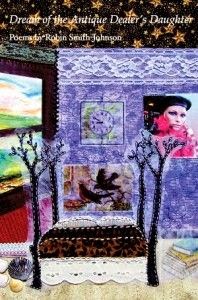In the summer of 1995, I had the
opportunity to take a poetry workshop with Cape poet Donald Baker. For many
years, he led a successful workshop at the Brewster Ladie’s Library and was a
mentor and friend to many local poets. I recently came across my notes from
that long-ago summer class and thought I would share them. There is wisdom and
intelligence in his questions and comments.
Questions to ask about (your, our,
his, her, my) poems:
- Is it a poem? Or is it an outline, a sketch, an idea for a poem that has yet to be developed?
- Is too much jammed into it? Can words, lines, sections be cut without loss and with improvement of the poem?
- Are the parts in the best order, or should words, phrases, lines, even whole sections be transposed? Should the first line be the last? Should the last line be the first? Should the first stanza be the last? Or the last the first?
- Is the title an integral part of the poem, leading the reader into what follows it?
- Are there surprises in the poem? Unexpected words, twists of phrase, juxtapositions?
- Is the poem coherent? Does it have a beginning, a middle, and an end?
- Does the poem get anywhere? Does something happen in it? Or, when it ends, are you right where you began?
- Should the poem be written from another point of view – third person or second person rather than first, for instance?
- Does the poem comprise chiefly abstractions? Or does it work through concrete particulars? “No ideas but in things,” said William Carlos Williams.
Would you like some rules? Try
these:
Cut, cut, cut
Look for a better word (in pen, I
had written concrete, precise)
Get rid of familiar phrases
Change the order of things: words,
lines, stanzas, sections
Use images, not statements
Do not say it more than once
Try another point of view
Dramatize: make a place, an event,
a speaker
Do not report: invent
Balance on the fulcrum
Keep the good; dump the bad
Listen to the sound the words/lines
make
“The language of a poem should be
as simple as possible, as clear as possible, and as consistent as possible.” –
Donald Baker
“Self-expression is not art.” –
Denise Levertov
“The part you must jettison is not
only the best-written part: It is also, oddly, that part which was to have been
the very point.” – Annie Dillard
I remember loving this workshop and
polishing several poems in the aftermath of taking it. Its lessons still
resonate for me to this day.


No comments:
Post a Comment